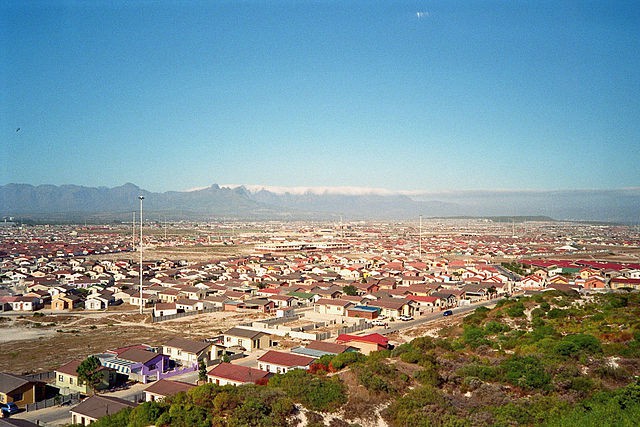Court case to have major impact on land ownership for black women
Long shadow of apartheid laws perpetuates discrimination
The High Court of South Africa, Gauteng Division, Pretoria, is hearing a case that could affect property ownership rights for many black women.
Manthsabelle Rahube, represented by Lawyers for Human Rights, wants Section 2(1) of the Upgrading of Land Tenure Rights Act 1991 (ULTRA) declared invalid and unconstitutional.
In 2009, her brother started eviction proceedings against Rahube. For 38 years, she has lived in her family home with her daughter and grandchildren. But under apartheid, Rahube and her family were unable to own the land because of their race and classification as ‘natives’. In addition to ‘natives’ being unable to own land, women had a legal status akin to minors and could not hold property rights. As a result, land tenure rights could only be registered in the name of men.
Consequently, the Rahube family obtained a Certificate of Occupation over their home, issued in her brother’s name. This Certificate gave the family occupation rights over the property. Some time later, the brother obtained a deed of grant to the property which gave him land tenure rights without the family knowing.
A deed of grant was part of a system created under apartheid, which gave ‘natives’ limited and conditional land tenure rights, but not full ownership of the land. This was a measure implemented to prevent ‘natives’ from acquiring land.
In 1991, ULTRA came into force and converted deeds of grant to certain kinds of property, including formalised townships and erfs, into ownership rights.
In 1998, ULTRA was extended to apply to Bophuthatswana and the deed of grant to the Rahube property – along with many others – was automatically converted into ownership. Rahube’s brother then became the sole owner of the property, despite the fact that he had not lived there since 1992.
Rahube and her family were not consulted about the conversion because it was automatic and they were not even aware of it until eviction proceedings were instituted against them ten years later.
All these years, Rahube, who is now in her late sixties, has been the head of the household and has been responsible for the costs and upkeep of the house.
Since ULTRA only recognizes formal property rights such as deeds of grant, and not informal rights, women who could acquire these rights were not given an opportunity to acquire ownership of the land under ULTRA.
The original purpose of ULTRA was to give people who had been deprived of property ownership rights under the apartheid system the right to acquire land. But the Act inadvertently excluded black women. The automatic conversion of tenure rights into ownership rights discriminated against women because they had no land tenure rights during apartheid.
Rahube, represented by Lawyers for Human Rights, wants Section 2(1) of the Act declared invalid and unconstitutional. Firstly, because it prevents people who are not registered on a deed of grant from claiming ownership of their property. Secondly, because it did not give occupants of the properties notice of the automatic conversion or an opportunity to be heard prior to the conversion.
Rahube is also asking that the legal effect apply retrospectively from 1991. This would invalidate all conversions which took place since the act came into force.
The case was last in court on 14 February. Judgement is yet to be handed down.
Next: SASSA: Holding Bathabile Dlamini accountable
Previous: Jewish Capetonians sign petition calling for social housing at Tafelberg
© 2017 GroundUp. 
This article is licensed under a Creative Commons Attribution-NoDerivatives 4.0 International License.
You may republish this article, so long as you credit the authors and GroundUp, and do not change the text. Please include a link back to the original article.



